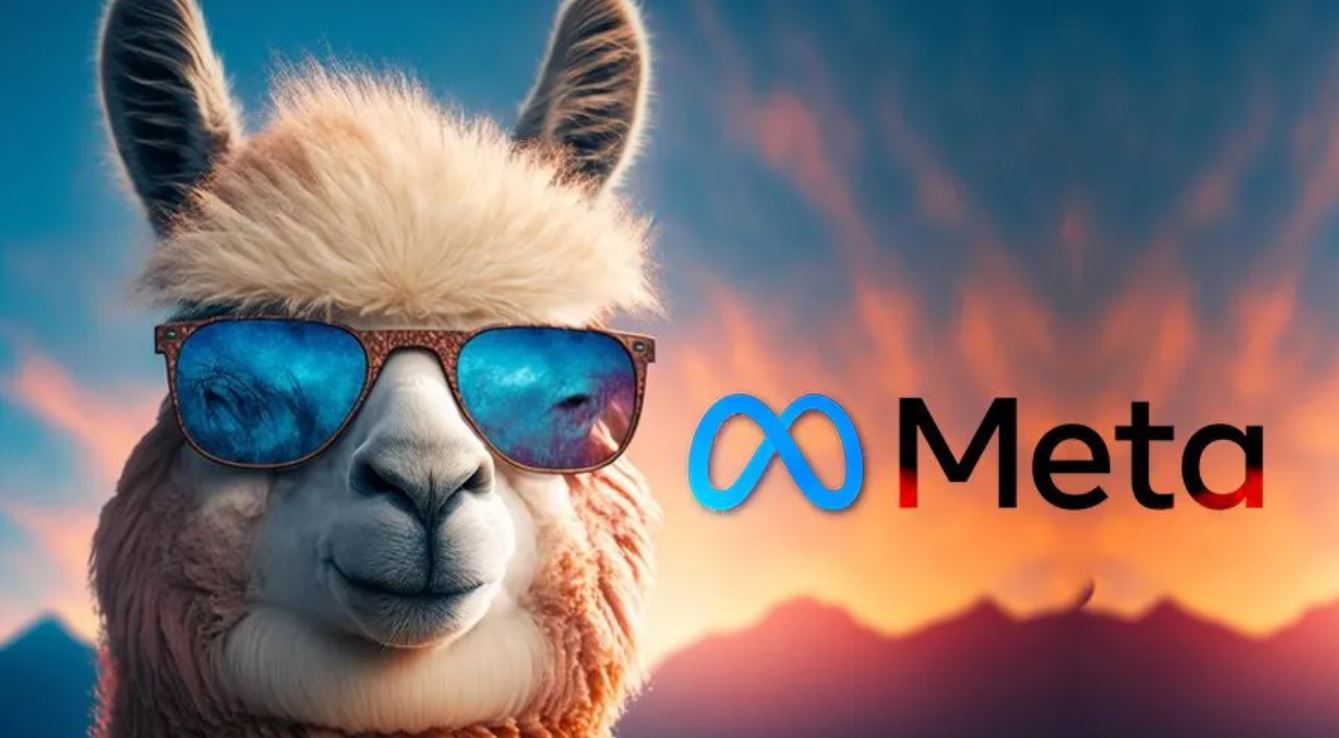 In the early months of 2025, the AI industry saw quite a stir when DeepSeek rolled out its DeepSeek R1 model. This open-source language reasoning model quickly made waves by outperforming some of the big names, including Meta, and doing so at a much lower cost. In a swift and strategic move, Meta has now unveiled its Llama 4 series, featuring the Maverick model with 400 billion parameters and the Scout model with 109 billion parameters, both ready for you to use right away. They’re also giving us a sneak peek at their massive 2-trillion parameter Behemoth model, which is still in the training phase.
In the early months of 2025, the AI industry saw quite a stir when DeepSeek rolled out its DeepSeek R1 model. This open-source language reasoning model quickly made waves by outperforming some of the big names, including Meta, and doing so at a much lower cost. In a swift and strategic move, Meta has now unveiled its Llama 4 series, featuring the Maverick model with 400 billion parameters and the Scout model with 109 billion parameters, both ready for you to use right away. They’re also giving us a sneak peek at their massive 2-trillion parameter Behemoth model, which is still in the training phase.
What makes these models stand out is their ability to handle multiple types of data—text, video, and images—and they’re built with incredibly large context windows. Maverick can manage up to 1 million tokens, while Scout handles a whopping 10 million. This is a game-changer for industries that deal with massive datasets, like medicine and engineering.
The Llama 4 series uses what’s called a ‘mixture-of-experts’ (MoE) architecture. This approach boosts efficiency by only activating the necessary parts of the model for a given task, cutting down on both costs and delays. It’s a smart way to make deployment smoother and more cost-effective.
Meta has also introduced a new training technique called MetaP. This method lets you apply hyperparameters set for one model to others, making training more efficient. This is especially important for huge models like Behemoth, which require significant computational power to train.
While the Llama 4 models aren’t the absolute top in terms of raw power, they’re definitely competitive in their category. For example, the Llama 4 Behemoth performs better than models like GPT-4.5 on several benchmarks, although it still has some catching up to do with DeepSeek R1 and OpenAI’s o1 series in certain areas.
Meta is also focusing on making their models safer and more aligned with user needs. They’ve introduced tools like Llama Guard and CyberSecEval to boost security and reduce biases. These initiatives reflect CEO Mark Zuckerberg’s vision of making AI accessible and beneficial to everyone.
As Meta continues to refine and expand its AI portfolio, the Llama 4 series emerges as a strong, open-source alternative to proprietary models, serving a wide range of applications from business solutions to research and development.








